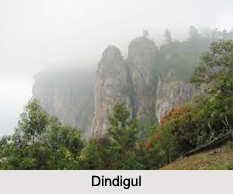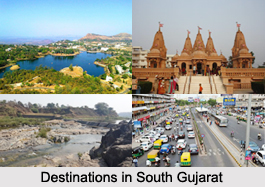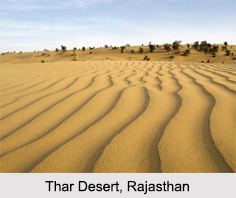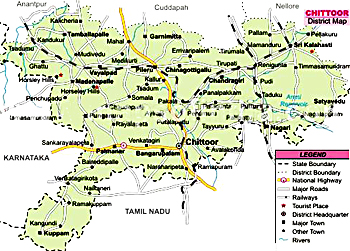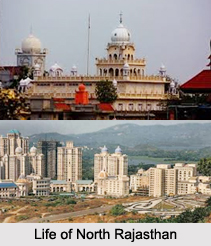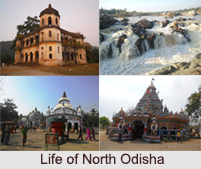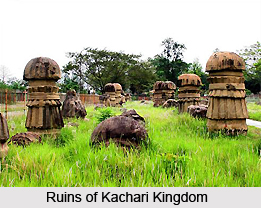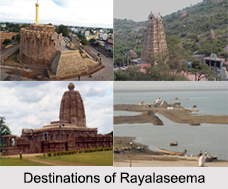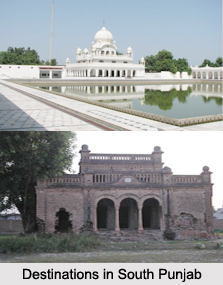People of West Jaintia hills District are considered to be descendants of Indo-Mongoloid race, who are known to communicate with the aide of regional local dialects. Several local inhabitants of West Jaintia hills District converse through the Austric language. Historical records claim that the origin of the people of West Jaintia hills District is linked to a race who had settled in large areas of South-China, Burma, Indo-China and northern portions of India.
Scheduled Tribe constitutes about 2, 10, 558, while Scheduled Caste represent about 747 of the total population of the West Jaintia hills. Residents of central portion of Jaintia Hills are termed as `Pnars`, while those who dwell in the southern and northern parts of this region are referred to as `Wars` and `Bhois` respectively. Together, the regional people of West Jaintia Hills are known as `Synteng` or `Jaintias`. Therefore, Wars, Biates, Pnars and Bhois are the various localities of West Jaintia Hills.
The family is given the utmost priority according to the societal rules of the Pnars. The eldest maternal uncle is offered the pivotal role of supervising the family. The house of the `Iung` particularly follows this tradition. The maternal uncle is not only the head of the entire domestic household but also serves the topmost authority of the village when it comes to any and every matter.
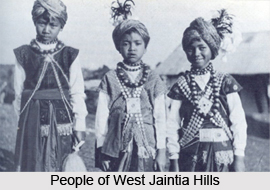 Marriage Customs in West Jaintia Hills District
Marriage Customs in West Jaintia Hills District
Marriage and other significant societal norms are determined by the Matrilineal System. The system of matriarchy is absent in the society of the Pnars. The elder brother of a woman is the head of all domestic affairs, despite the ownership of property by the females of the society. If a lady does not bear a female progeny, a son succeeds her and therefore this procedure is termed as matriarchal merely for the sake of courtesy. However, today the lifestyle of the people of West Jaintia District has undergone significant transformation. Marriages are celebrated elaborately by the natives of the West Jaintia Hills and follow the local customs and traditions of the regional tribes. Growth of education, adequate exposure to the world and Christianity influence the processes of marriages amongst the people of Jaintias. Women are entrusted the duty of looking after the property of the entire family and act as the legal custodian of the property of the family.
Daily Life of West Jaintia Hills District
As per the ancient traditions of the Jaintia Hills, the youngest daughter of a lady receives the property as the right of inheritance. This kind of inheritance of property is known as `khadduh`. Apart from the youngest daughter, her other sisters also receive equal shares of their mother`s property but the youngest daughter is entitled to the maximum amount of the property. According to the local property rules, regional people of West Jaintia Hills do not possess the right to own landed property until and unless it is solely his personal property which has been acquired independently by him. On the death of a man, his property is acquired by his mother if she is living, but his daughters and wife are not his heirs. However, if his wife decides to remain single and not remarry after the death of her husband, she automatically will inherit half the property of her husband. When she dies, this very property shall be passed on to her youngest daughter. Now, the youngest daughter who is the recipient of the property of the family should be obliged to perform the religious rites of the family and the Puja offering from her personal finances. However, if this daughter alters her own religion, she loses her significance and social status in her family and the property inherited by her automatically passes on to the next youngest sister in the family upon her death.
The people of West Jaintia Hills are said to be amiable, cheerful and happy go lucky. They are generally kind hearted people whose main characteristics are honesty and simplicity. Also, they are known to be quite sociable and therefore strangers are believed to take an immediate liking to them. For the regional inhabitants of this region, blood relationships hold a special place in their hearts.
Religion of West Jaintia Hills District
`Niamtre` is the official and unique religion of the Pnars. But a large part of the populace of the West Jaintia Hills has embraced the religion of Christianity, ever since the advent of the British Raj in the 17th century. Muslims and Unitarians are the other religions practised by the people of the West Jaintia Hills. The arrival of the Welsh Missionaries introduced certain changes in their lifestyles, education, habits and customs, economic scenarios, speech and social etiquettes. According to their ancient traditions, if someone passed away in the village, the entire village would assemble at the house of the deceased and mourn his loss. Even today, this custom is followed despite the busy schedules of regular lives.
Languages of West Jaintia Hills District
There are numerous types of people who live in the region of the West Jaintia Hills. Therefore, due to obvious reasons, the number of languages utilized by these people is plenty. However, the `Pnar` language forms the most important language with the help of which the locals communicate. The language of `Khasi` is only used for accomplishing the goals of education. Many regional schools use the language of English as the principle medium of communication. The Khasi Language, which is popularly known as `Cherra`, is also used quite often. Apart from these, Hindi, Nepali, Assamese and Bengali are also spoken by the outsiders who are based in the West Jaintia Hills District.







